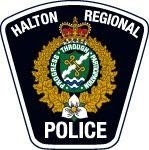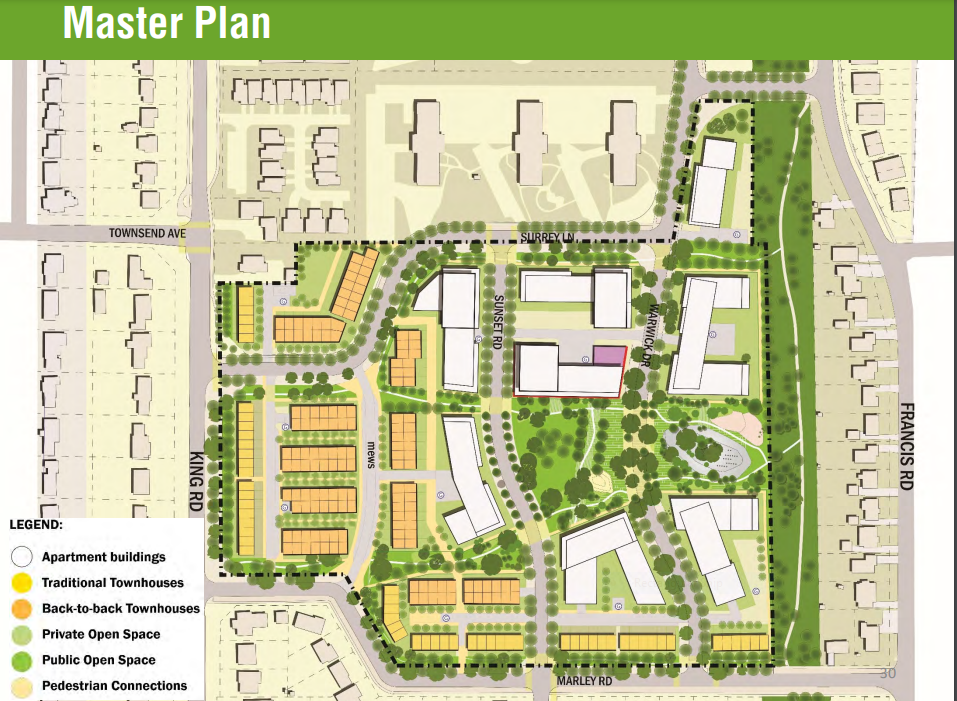By Kim Phillips
On September 28, 2020, Burlington City Council approved initiating a public consultation process regarding the use of ranked ballots in the 2022 municipal election. Any public consultation must be done by May 2021, as legislated in the Municipal Elections Modernization Act, 2016, Ontario Regulation 310/16. The report that council considered is Report CL-06-20, by Burlington’s Clerks Department, which was initially brought to the Corporate Services, Strategy, Risk & Accountability Committee (wow, that’s a mouthful!) on September 17, 2020. Burlington has used optical scan tabulators in the municipal election since the mid-1990s and internet voting for advance voting since 2010. In 2018, about 36% of participants cast a ballot using internet voting.
Now, what exactly is a ranked ballot? Here is an excerpt from Burlington’s recent media release, explaining it:
“In a ranked ballot system, voters have the option of selecting up to three candidates, ranking them by preference of their first, second, and third choice. The candidate who achieves the threshold of 50 per cent plus one vote is elected. After tabulating the votes, if there is no candidate who meets the 50 per cent plus one threshold, then the candidate with the fewest votes is eliminated. The ballots that selected the eliminated candidate as the first choice are now redistributed to the remaining candidates, this time using those voters’ second choice candidate. This process is repeated until a candidate who achieves the 50 per cent plus one threshold is met.”
Here are some excerpts from Report CL-06-20:
“Most municipal elections employ a first past the post methodology when tabulating ballots and declaring an elected candidate. In first past the post elections, customarily, a voter can select one choice per matter. When tabulating the votes, the candidate with the most votes is elected.”
“Legislation dictates that if a council passes a by-law it must pertain to both Mayor and Council seats. There cannot be a difference in voting method between the Mayor and Council.”
“In a Canadian context, most political party leadership races implement ranked ballots…at the local level when selecting a representative, most political parties use a ranked ballot system to determine a winner.”
“In 2018, the City of London in Ontario was the only municipality that used ranked ballots…”
In the London Staff Report: 2018 Municipal Election, dated March 19, 2019, they refer to it as “Ranked Choice Voting” and noted that “2018 was the first year municipalities were permitted to use ranked ballots.” The clerk for the city of London was able to declare unofficial winners in eight of the races on election night, based on first-choice vote totals. In the remaining seven races, additional rounds of tabulation were required. Only first-choice ballots were tabulated on election night. Unofficial results were published by about 3 p.m. on the day after the election.
Kingston and Cambridge placed questions on their 2018 ballot asking if voters were in favour of ranked choice voting for mayor and councillors. The results:
- Cambridge, with a voter turnout of 32%: 13,488 people voted yes and 10,449 voted no
- Kingston, with a turnout of 41%: 20,642 people voted yes and 12,162 voted no
When asked for his views about ranked ballot voting, former mayor Rick Goldring said that he believes it is more fair and reflective of what voters want. “Incumbents often (but not all the time) benefit from more than one opposing candidate. The anti-incumbent vote can be split amongst a number of candidates, making it easier for the incumbent to win re-election since they have name recognition. Ranked ballot voting encourages candidates to be more respectful of each other. If they are not your first choice, they may be looking for your second choice support.”
The next municipal election
In my opinion, one of the best ways to show you care about your community is to vote. The next municipal election is on Monday, October 24, 2022. If you’re a Canadian citizen, 18 years of age or older, and a resident, property owner, tenant, or spouse of an owner or tenant in Burlington, you are likely eligible to vote in the next municipal election. In the 2018 municipal election, 39.79% of the eligible voters on the voters list cast ballots. This represents 51,021 ballots cast.
Burlington’s council includes a mayor and six councillors (representing wards 1 to 6). The current council will hold office until November 14, 2022. Each of Burlington’s elected representatives is also a member of the Halton Regional Council. Halton Region provides important services to Burlington, Halton Hills, Milton, and Oakville, including food safety services, housing, paramedic services, police, public health, recycling and waste services, social services, water and waste water services.
For those who want to take their community involvement to the next level, you can consider running as a candidate for municipal council. If you are eligible to vote in Burlington, you may be eligible to register as a candidate when the time comes.
It’s only October 2020, but in order to run a successful election campaign, it’s important to start your thinking and preparations early. Nominations will be accepted beginning May 1, 2022. In Burlington, the role of an elected representative is generally considered a full-time commitment. If you are interested in being a candidate for office, here are a few things you can be doing now:
- Visit Burlington.ca to learn about the city’s services, council and staff roles, and previous municipal election results. Kevin Arjoon is the city clerk who will be responsible for Burlington’s upcoming election. All candidates for office need to understand the Municipal Elections Act and all of the legislated deadlines involved. A candidates’ guide will be available in 2022.
- Learn more about the work of an elected representative by subscribing to your representative(s) e-newsletters and reading committee meeting agendas, which are available online. Talk to former elected officials about their experiences.
- Visit Halton.ca to learn about the region’s services.
- Talk with your family and close friends. See what advice they have for you in considering whether or not to put your name forward. See who could help you in your campaign if you decide to register as a candidate.
Kim Phillips was the city clerk for Burlington from 2001 to 2009.


